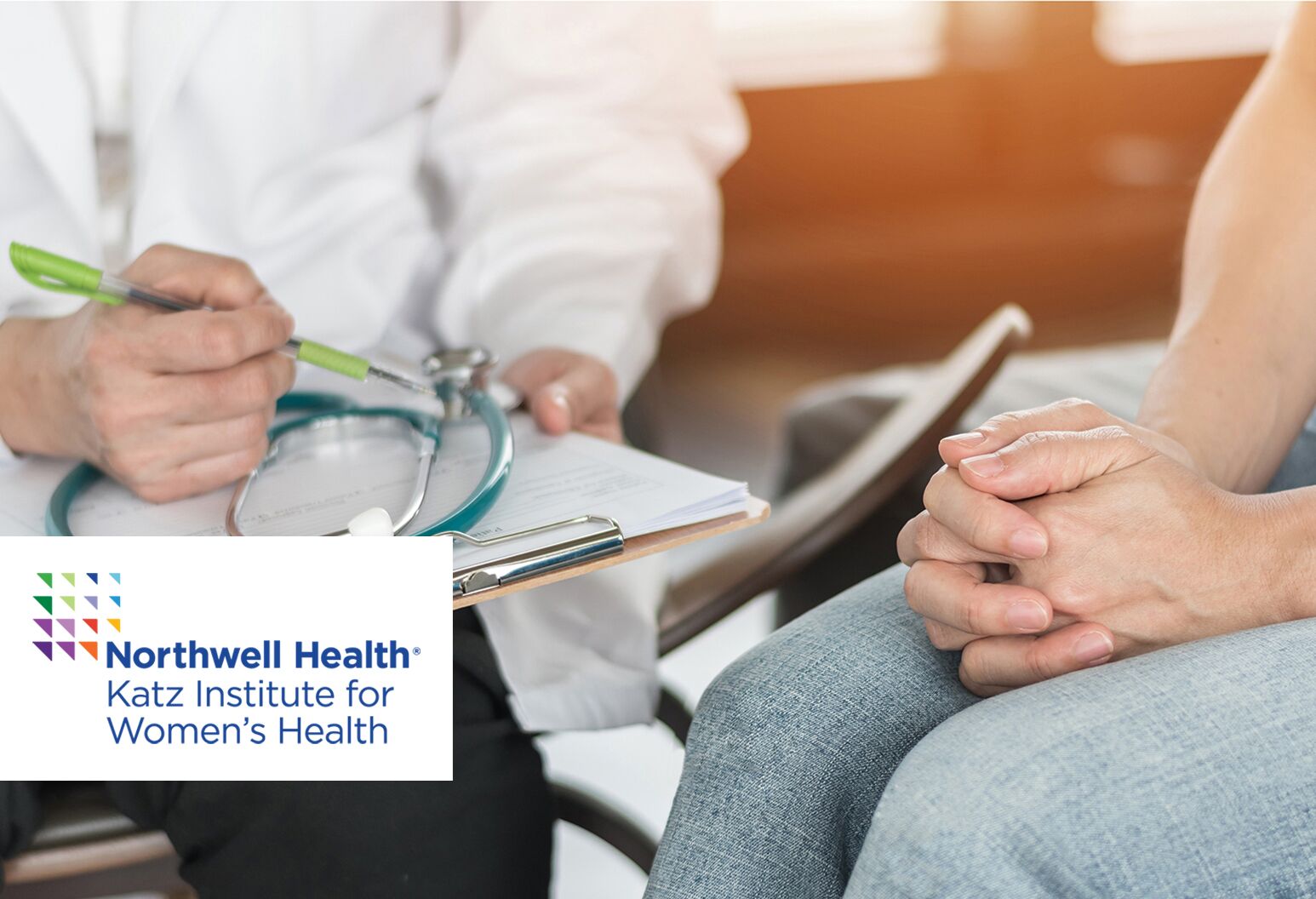women's health
What Is Perimenopause?

It’s never too early to protect yourself—this “baby boomer disease” is affecting younger women at a rate higher than many might think.
3 min read
I’m a 45-year-old, relatively healthy woman. My primary care doctor says I’m due for my first colonoscopy, but I’ve never had any signs or symptoms of colon cancer. I thought I had at least another five years until I needed to deal with this procedure. Why do I need it so early? And can I get away with a less unpleasant option?
Signed,
“Seriously Squeamish”
I wouldn't recommend waiting. Colon cancer is still thought of as a disease that affects baby boomers, but, in reality, it’s hitting Gen Xers the hardest. There’s also a misconception that it affects only men. In fact, the lifetime risk of developing colon cancer is around 4% for both men and women, according to the American Cancer Society, making it the third most common cause of cancer in both men and women. People born in 1990 have double the risk of colon cancer and quadruple the risk of rectal cancer compared to those born around 1950, according to a 2017 study published in the Journal of the National Cancer Institute. When I trained in the 1980s, it was rare to see it in someone under the age of 60. Now, I have patients in their 40s or 30s every week—some even as young as their 20s. That’s why in 2018 the American Cancer Society updated its guidelines to recommend screenings beginning at age 45.
We’re still mystified as to why we’re seeing more younger adults. One reason may be the rise in obesity, since being overweight is a risk factor for colorectal cancer. Another theory is that it’s due to changes in our microbiome, the mix of good and bad bacteria that live in our colon. There may be some chemical or preservative in our food or water supply that’s altering our microbiomes and making the cells lining our colons more susceptible to precancerous changes.
So how can you protect yourself? The best advice I can give is to get a colonoscopy as soon as you turn 45. Patients sometimes ask me if they really need to get one, or if they can just get one of the stool-based blood tests. My answer? The colonoscopy, hands down.
Here’s why: The vast majority of the time, colon cancer doesn’t just magically appear. It comes from a colon polyp, a small clump of cells that forms on the colon lining. It takes several years to go from a small polyp to a full-on malignancy. If you have a colonoscopy, your doctor can go in and remove a suspicious polyp before it ever becomes a problem. It’s the easiest way to dramatically reduce your risk of developing the third most common cancer—and the third most common cause of cancer death—in the United States.
The scary thing about colorectal cancer is that it can be symptomless in the early stages. Unfortunately, insurance doesn’t usually cover routine colonoscopies for people under the age of 45 unless they have certain risk factors, such as rectal bleeding or a family history of the disease. That’s why every woman in her 20s, 30s and early 40s needs to watch carefully for any unusual symptoms that could indicate colon cancer.
The biggest red flag is rectal bleeding. If you notice some blood in your stool, or on the toilet paper when wiping after a bowel movement, don’t just dismiss it. Let your primary care provider know immediately, so you can get checked for hemorrhoids and, if necessary, get a colonoscopy. Other symptoms include changes in bowel habits, like diarrhea, constipation, or both, and also changes in the size and shape of your stools. You may feel embarrassed to bring up this subject with your doctor, but don’t be. It could save your life.
The Well is Northwell Health’s commitment to the future of health care. In this time of information overabundance, much of which is inaccurate, unhelpful, or even difficult to understand, Northwell Health is on a mission to make a difference as an honest, trusted, and caring partner. The site connects with consumers to provide them with personalized content that reduces their stress, makes them laugh, and ultimately feel more confident and capable on their healthcare journey.